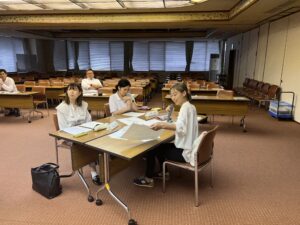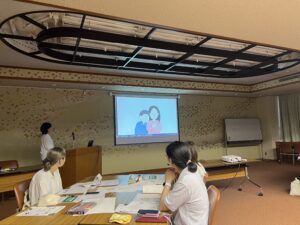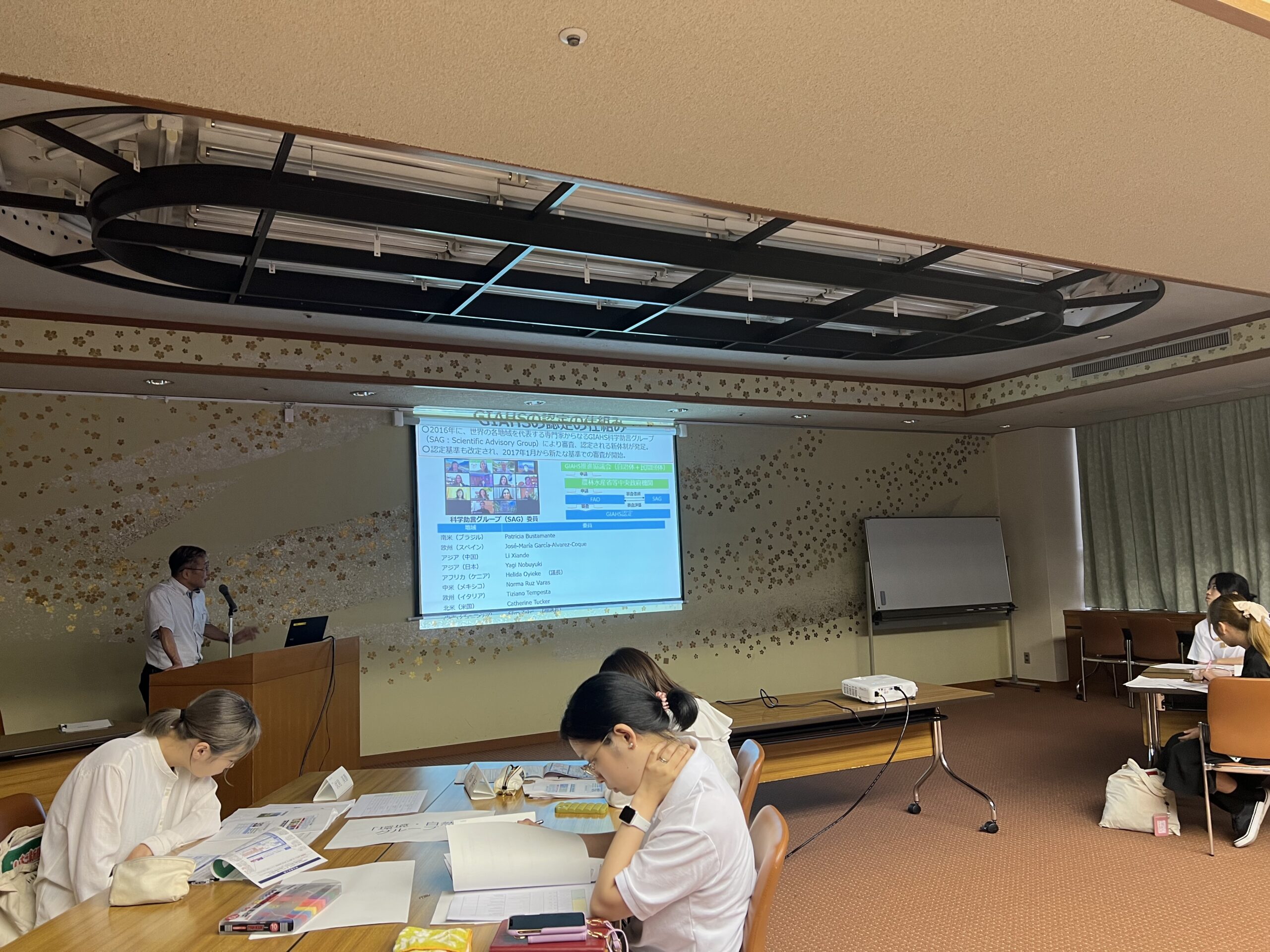2023/7/31
Starting in 2023 FY, OUIK have launched a joint program with Ishikawa Prefecture called “Globally Important Agricultural Heritage Systems (GIAHS) International Study Program“. This program aims to cultivate youth with an international perspective and promote contributions to the local community, targeting university students in Ishikawa Prefecture through the GIAHS Noto’s Satoyama Satoumi.
Seven students selected through a competitive process will learn primarily about the following topics through lectures and training sessions in Noto:
- The Satoyama-Satoumi system
- Biodiversity
- Traditional knowledge
- Tourism and industries
- Challenges (such as declining birthrates and succession issues)
Among the participating students, five will also take part in a training program in Italy in September, where they will visit the headquarters of UN agencies such as FAO, IFAD, and WFP, as well as GIAHS sites in Italy, to learn about sustainable traditional farming practices and eco-tourism.


On July 1, the first lecture was held featuring Akira Nagata, a visiting research fellow at the United Nations University OUIK, and researcher Sayako Koyama. Mr. Nagata, who has been involved with the GIAHS program since its inception in Japan, provided a detailed explanation of what GIAHS is, as well as the importance of its utilization and monitoring.
Researcher Koyama provided an explanation about the Noto GIAHS. Although the students showed interest, most were not very familiar with GIAHS. Through this lecture, they were able to learn in depth about the circumstances that led to the recognition of Noto’s satoyama and satoumi as GIAHS, the characteristics of the satoyama and satoumi systems, and the diversity of landscapes and food cultures.
After the lecture, students introduced themselves and participated in group work based on different themes. They divided into two groups: one focusing on food and the other on the environment and nature. Each group discussed what specific aspects of GIAHS they wanted to explore further and brainstormed ideas on how they could contribute to the region, ultimately establishing detailed learning topics.
In the upcoming field study, they plan to visit local farmers and food processing factories in the Noto region to deepen their understanding of these themes.





